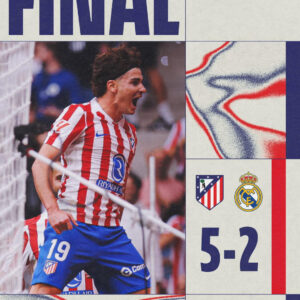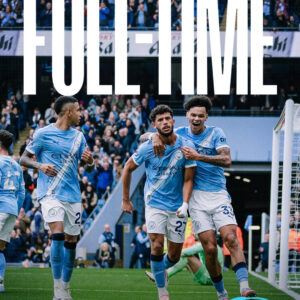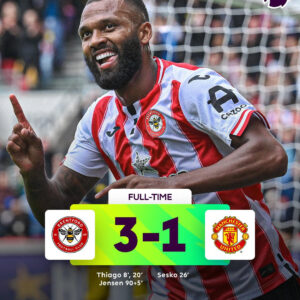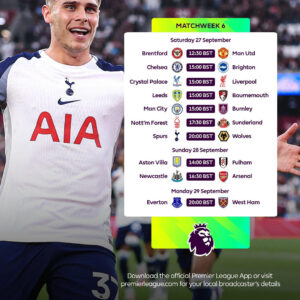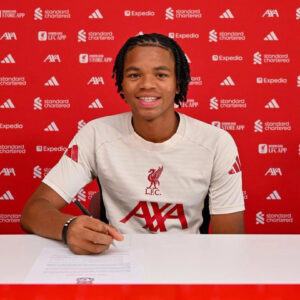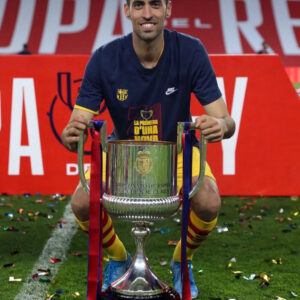On 22 September 2025, the Théâtre du Châtelet in Paris hosted the Ballon d’Or ceremony, uniting the world’s top football stars for an evening filled with historical significance and deep emotion. Ousmane Dembélé became the focal point by winning the Men’s Ballon d’Or, narrowly defeating Lamine Yamal in a tight competition that showcased the remarkable achievements of both players from the previous season.
For the Women’s Ballon d’Or Féminin, Barcelona and Spain star Aitana Bonmatí continued her dominance by lifting the prestigious prize for the third consecutive year, further solidifying her place as one of the greatest players of her generation. Other major winners included Lamine Yamal, who retained the Kopa Trophy for best young player, Gianluigi Donnarumma, who took home the Yashin Trophy as best goalkeeper, and Viktor Gyökeres, who was honored with the Gerd Müller Trophy for his prolific goal-scoring form.
The awards considered performances from August 2024 to July 2025 for the men’s category and until August 2025 for the women’s, ensuring tournaments like the Copa América Femenina were included. Leading into the ceremony, there was much debate over who deserved the men’s crown, with Dembélé and Yamal seen as frontrunners. Bayern Munich’s Dayot Upamecano was among those who publicly backed Dembélé, while Yamal himself insisted that consistency across the season, rather than one decisive match like Spain vs. France, should determine the winner. Despite missing out, the teenager showed maturity, stressing that he dreams not of a single Ballon d’Or but of winning many over his career.
This year also saw a significant protocol change: organizers decided that winners would no longer be informed in advance, a shift introduced after last year’s controversy involving Real Madrid. The change was intended to preserve suspense and ensure fairness, making the live announcements even more dramatic. The buildup to the event was not without complications either, as Paris Saint-Germain’s rescheduled match with Marseille—moved due to extreme weather—clashed with the ceremony, raising concerns that some PSG players might not attend. Nonetheless, the evening went ahead as planned, blending glamour with footballing prestige.
Ultimately, the 2025 Ballon d’Or highlighted the shifting balance of world football. Dembélé’s triumph signaled a new era of recognition for a player often overshadowed by injury struggles earlier in his career, while Bonmatí’s continued reign emphasized the dominance of Spain and Barcelona in women’s football. The supporting award winners, from Yamal’s rising star to Donnarumma’s consistency between the posts, reflected a season where youth, resilience, and brilliance all played their part. The ceremony not only crowned champions but also set the tone for the coming years, with debates already beginning over whether Yamal can turn his promise into a Ballon d’Or, or if Dembélé has opened the door to a period of unexpected dominance.
Luis Enrique also won the best coach after leading PSG to a wondering season filed with lots of trophies and obviously conquering the world of football in the champions league and other prestigious silver wears. The Spaniard have shown his prowess as the best technician in the touchline and cemented himself as one of the world class coaches and have written his name with gold in the history of Paris Saint Germine book, leading them to their first ever UCL trophy.


